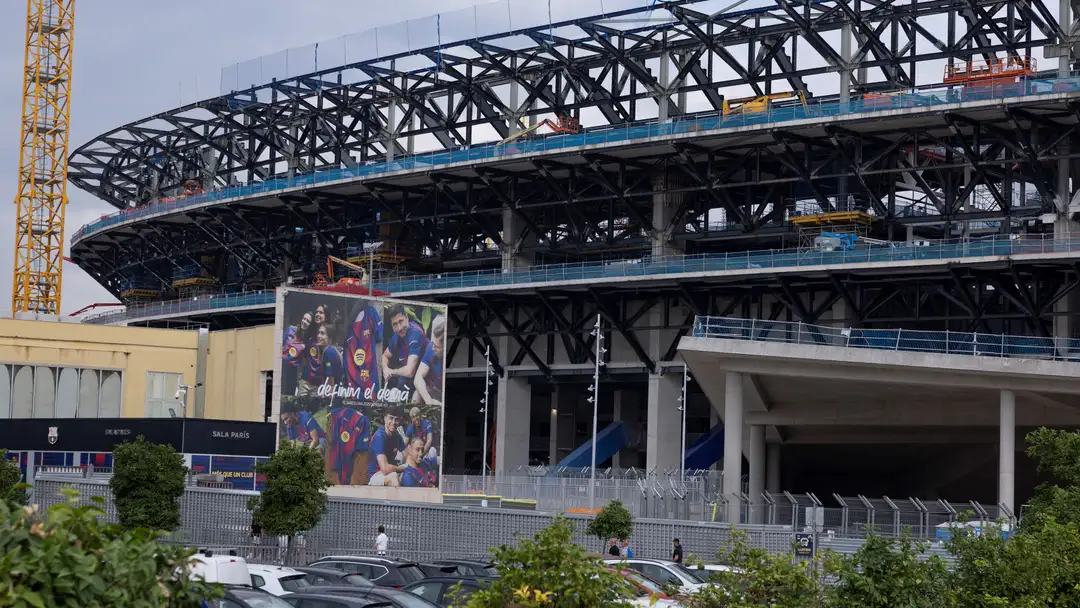
Barcelona Accused of ‘Turning a Deaf Ear’ as Camp Nou Workers Protest Over Deportation Fears
Camp Nou controversy deepens ahead of sold-out reopening
Just weeks before the grand reopening of Spotify Camp Nou, Barcelona have found themselves in the eye of a growing storm — and this time, it’s not about football. Dozens of construction workers employed on the stadium’s long-delayed redevelopment project have taken to the streets, protesting alleged illegal dismissals and possible deportations of nearly 50 foreign labourers.
The protests, organised by Spain’s CCOO trade union, have cast an uncomfortable shadow over what was supposed to be a triumphant moment in the club’s history. With the first match at the rebuilt Camp Nou just around the corner, the accusations of exploitation and neglect have left Barcelona facing one of their most serious off-field controversies in years.
Workers claim abuse and threats of deportation
On Tuesday morning, the area outside the Camp Nou turned into a scene of anger and frustration. Around 100 workers and union representatives gathered at the main gates, holding banners and chanting for justice. Their message was clear: foreign workers — many of whom reportedly lack legal documentation — are being dismissed and threatened with deportation without compensation or proper legal process.
Carlos del Barrio, a spokesperson for CCOO, painted a grim picture of the conditions faced by the workers. Speaking to Spanish news agency EFE, he claimed that some employees had been “working twelve hours a day, seven days a week, for more than a year.”
“These are people who helped rebuild one of the most iconic stadiums in world football,” Del Barrio said. “Now they are being told to pack their bags and go home, without guarantees, without rights, and without dignity. It’s unacceptable.”
According to the union, the companies responsible — Turkish contractor Limak and its Spanish partner Ekstreme Works — are attempting to send undocumented workers back to their home countries, particularly Turkey, under the guise of “staff restructuring.” Del Barrio warned that once deported, the workers would lose any ability to defend themselves legally.
“The moment they set foot on Turkish territory, their capacity to demand justice disappears,” he explained. “We are calling on the Spanish authorities and FC Barcelona to intervene before it’s too late.”
Union blasts Barcelona for ‘turning a deaf ear’

Joan Laporta Barcelona
Perhaps the most damning accusation, however, was aimed directly at the club. The CCOO union claims that Barcelona have “turned a deaf ear” to repeated warnings about the workers’ situation, prioritising deadlines and optics over human rights.
“We understand that there is huge pressure to open the stadium on time,” Del Barrio said. “But what cannot happen is that this pressure comes at the expense of workers’ rights. FC Barcelona is a global symbol — they cannot stand by while these abuses take place in their name.”
The union says it has already raised formal complaints with Spain’s Labour Inspectorate, demanding an investigation into both Limak and Ekstreme Works. So far, Barcelona have declined to issue a public comment, a silence that critics say only reinforces the perception of corporate indifference.
The allegations mark another blow to the Espai Barça project, which has faced repeated scrutiny since its inception. In 2023, reports of irregular labour practices and underpaid subcontractors surfaced, prompting the club to promise internal reforms. Yet, this latest episode suggests that many of those issues remain unresolved.
Limak’s controversial record adds fuel to the fire
The spotlight has also turned toward Limak, the Turkish construction giant overseeing much of the Camp Nou rebuild. The company has previously faced allegations of worker exploitation and environmental negligence in its home country — concerns that Spanish unions have been vocal about since the start of the project.
“This is not the first time Limak has been accused of abusing its workforce,” Del Barrio noted. “Their record in Turkey is troubling, and we warned Barcelona that bringing them in could create exactly this kind of situation.”
Barcelona’s decision to award the contract to Limak was controversial from the beginning. Critics argued that the move prioritised speed and cost over labour ethics, especially as the club sought to complete the renovation while managing a severe financial crisis.
Now, those concerns have resurfaced — at the worst possible moment.
The timing could not be worse for Barcelona
The protests come just as excitement around the Camp Nou reopening was reaching fever pitch. The club had planned to return to their historic home on November 22, hosting Athletic Club in front of a sold-out crowd. Ahead of that, Barcelona are also set to hold an open training session at the new stadium this Friday, with more than 23,000 fans expected to attend.
But the workers’ dispute could throw those plans into disarray. If the protests intensify or the contractors halt operations, final preparations for the stadium’s opening could face delays.
For a project that is already running 317 days behind schedule, the last thing Barcelona needed was another controversy. The Espai Barça redevelopment, initially estimated at €1.45 billion, has ballooned in cost and become a symbol of both the club’s ambition and its financial recklessness.
Now, with union banners flying outside the stadium gates, the feel-good narrative of “Barça’s homecoming” risks being overshadowed by questions about moral responsibility and human decency.
Club’s image on the line
Inside Barcelona’s corridors of power, the timing of the protests is being viewed as disastrous. Club officials, speaking off record to local media, reportedly expressed frustration at the “unfair” association of the allegations with the club itself, arguing that labour matters fall under the responsibility of contractors.
Yet, in the public eye, that distinction may not matter. Barcelona’s global reputation — built on ideals of community, fairness, and the famous slogan “Més que un club” — is once again under pressure.
Institutional vice-president Elena Fort, who previously acknowledged “minor anomalies” in the project’s labour practices, has maintained that the club is committed to ethical standards. But critics argue that the time for polite assurances has passed.
“This is no longer about minor anomalies,” one local journalist wrote in La Vanguardia. “This is about human lives and moral credibility. If Barça want to call themselves ‘more than a club,’ they need to start acting like it.”
What happens next?
For now, attention turns to the Spanish government and labour authorities, who have been urged to step in and regularise the affected workers’ status. The CCOO union has called for emergency measures to prevent deportations and to ensure all employees are registered under Spain’s social security system.
Barcelona, meanwhile, are scrambling to prevent the situation from escalating further. Behind the scenes, club executives are said to be in contact with Limak to seek clarification on the allegations and to ensure that Friday’s public event goes ahead as planned.
But the damage may already be done. Even if the stadium reopens on schedule, the image of exploited workers protesting outside its gates could haunt the club long after the ribbon-cutting ceremony.
As one union member bluntly put it outside the Camp Nou gates: “They built this stadium with their sweat. The least they deserve is to be treated like human beings.”
A reopening overshadowed by unrest
Barcelona’s long-awaited return to Spotify Camp Nou was meant to mark the start of a new era — a celebration of renewal, resilience, and pride. Instead, it risks being remembered for something far darker.
With banners reading “Justice for Camp Nou workers” waving in the shadow of the new grandstand, the club’s silence grows heavier by the day. The world will be watching when the gates finally open on November 22 — not just to see the football, but to see whether Barcelona have learned that being “more than a club” means standing up for everyone who wears their crest, even those who never step onto the pitch.





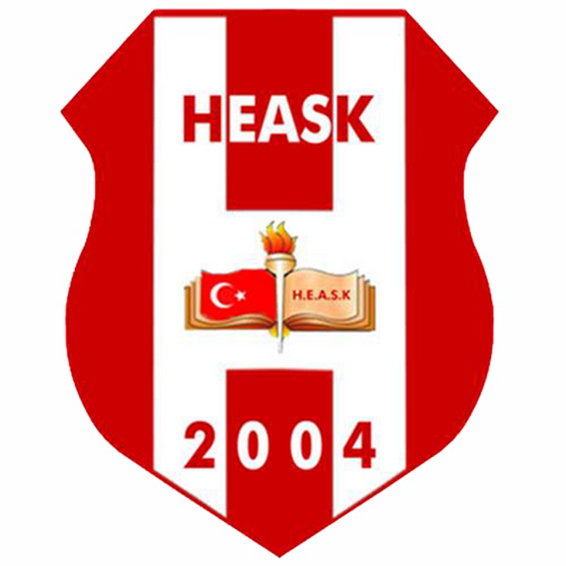














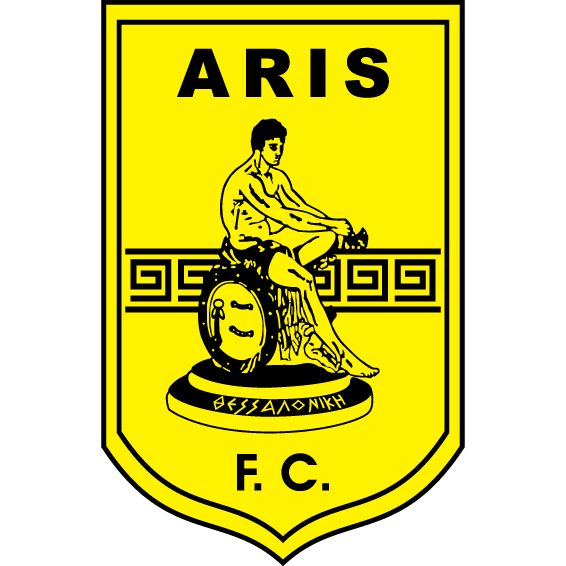
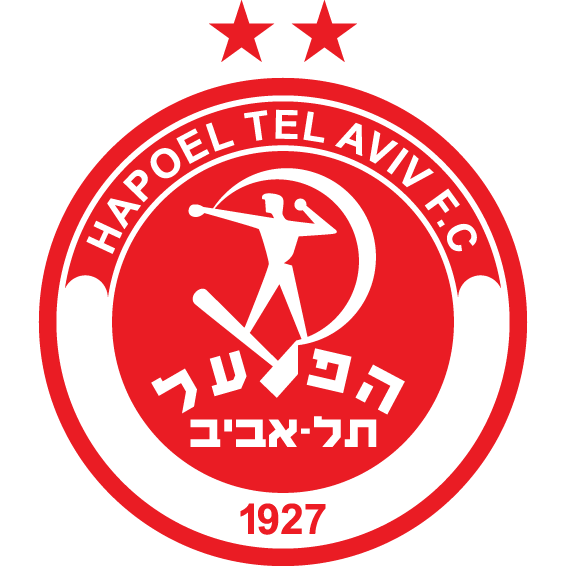






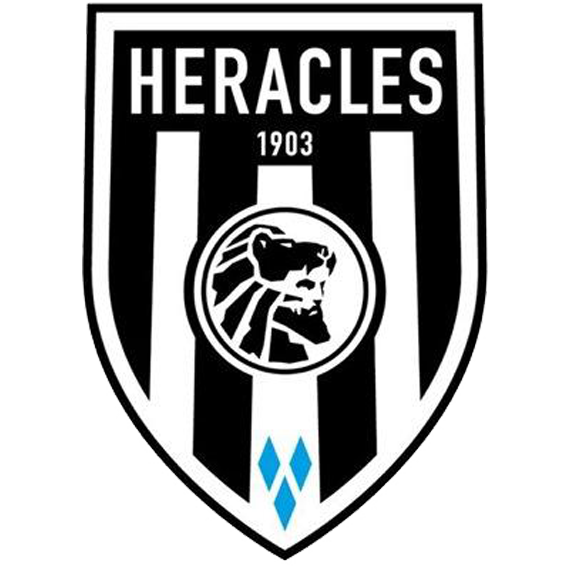
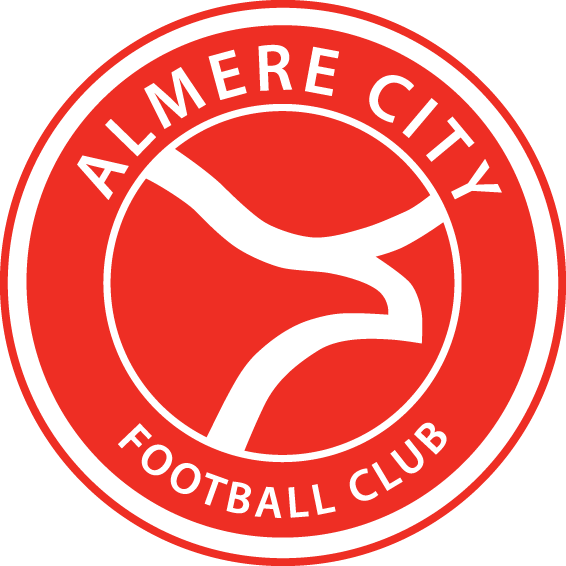

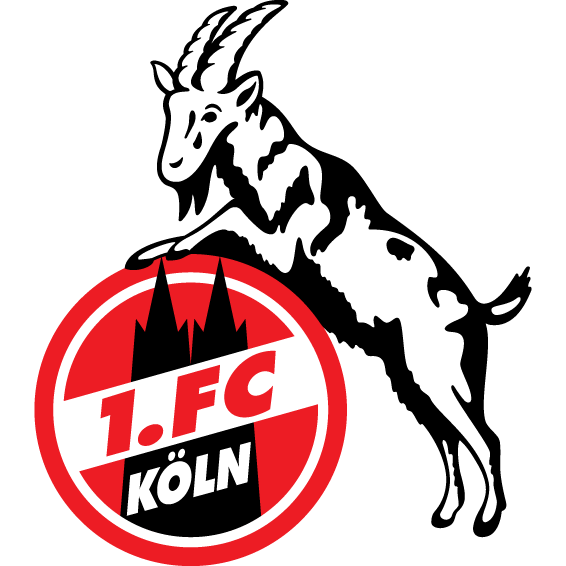



























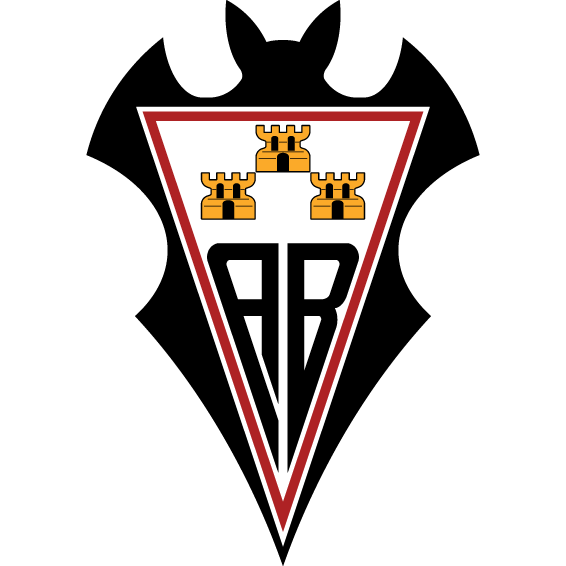

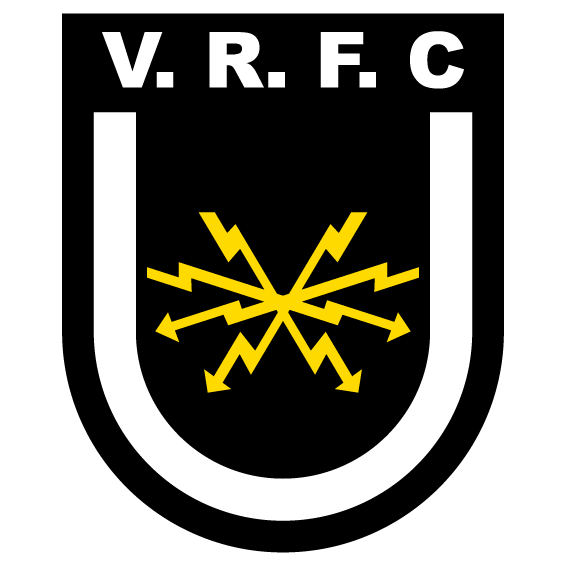






























There are no comments yet. Be the first to comment!